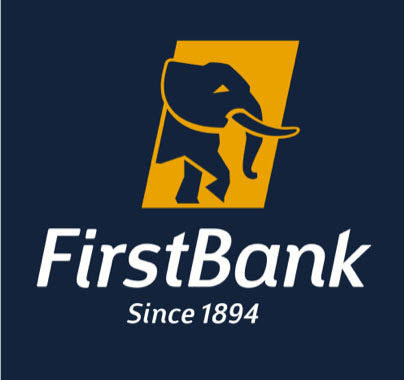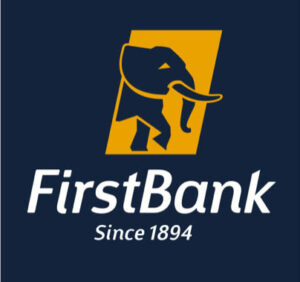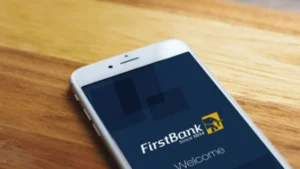
FirstBank’s Digital Banking Channels Suffer Downtime
- Education
- 05.09.2025
- No Comment
- 106
FirstBank’s Digital Banking Channels Suffer Downtime: What Customers Need to Know

has suffered a temporary downtime across its major digital banking channels. The disruption,
which occurred on Thursday, left thousands of customers unable to carry out transactions seamlessly
on FirstMobile, FirstOnline, and its popular *894# USSD banking platform.
For a bank that prides itself on innovation and customer-centric digital solutions, this downtime
has raised questions among users about reliability, service continuity, and the readiness of Nigerian
banks to manage modern-day digital challenges.
and acknowledged that transactions directed to other banks through its affected channels may be delayed
or declined. Specifically, customers trying to use:
- FirstMobile – the bank’s flagship mobile banking app
- FirstOnline – its online internet banking platform
- *894# USSD code – a widely used mobile banking service without internet access
were unable to complete interbank transactions or experienced significant transaction delays.
that its technical teams, in collaboration with partner service providers,
are actively working to restore services.
“Please be informed that we are currently experiencing some downtime affecting transactions to other
banks on FirstMobile, FirstOnline, and USSD platforms. Customers may therefore experience delayed
or declined transactions,” the bank’s circular stated.
The bank promised quick resolution, emphasizing that customer satisfaction remains its top priority.

small business owners, online merchants, and individuals who depend heavily on mobile
transfers for day-to-day transactions. Many customers reported difficulties in making payments,
settling bills, and processing salaries.
With the rise of cashless transactions in Nigeria, digital banking downtimes
can create bottlenecks in commerce and significantly affect both customer trust and brand reputation.
Related News:
Apple iPhone 17 Pro Max Release Date, Features, Price, and Everything You Need to Know
2026 FIFA World Cup – Host Nation, Ronaldo, Neymar, and Tournament Updates
authentication on its FirstMobile app. The feature was launched to improve customer experience
and enhance security in mobile banking. Ironically, customers who were excited about these new innovations
are now questioning whether the bank’s systems are robust enough to handle large-scale adoption
of digital features.
Many banks continue to struggle with:
- Network congestion due to high transaction volumes
- Dependency on third-party service providers for interbank transfers
- Cybersecurity risks associated with digital banking growth
- Customer frustration when outages occur without timely resolution
As Nigeria pushes for a cashless economy, banks like FirstBank must strengthen
their infrastructure, cloud systems, and recovery protocols to ensure seamless
digital experiences.

Many expressed disappointment over their inability to complete urgent financial transactions.
Some small business owners claimed they lost customers due to failed transfers,
while others noted that their salaries were delayed as a result of the downtime.
For many Nigerians, USSD banking via *894# is their primary means of accessing
financial services. Its failure highlighted the risks of over-reliance on a single banking channel.
and third-party service providers to restore services.
Customers have been advised to retry their transactions periodically or use
alternative banking channels where possible.
The bank has not yet specified the exact timeline for complete restoration,
but customers expect faster resolution to avoid further economic disruption.
for Nigerian banks to adopt resilient technology infrastructure. Some key lessons include:
- Redundancy and backups should be built into digital platforms.
- Proactive communication helps maintain customer trust during outages.
- Continuous investment in digital innovation must be matched with
strong backend systems. - Partnership with telecom companies must be streamlined for quicker recovery.
Customers, on their part, are learning to keep multiple banking options in case of such disruptions.
challenges that accompany Nigeria’s journey toward a fully cashless economy.
While customers faced inconveniences, the bank’s transparency in acknowledging the issue
and ongoing efforts to restore services show a willingness to prioritize user experience.
As the competition in Nigeria’s banking sector intensifies, financial institutions must
continuously upgrade infrastructure, ensure reliability, and regain customer trust
whenever downtimes occur. For now, FirstBank customers await full restoration and
stronger assurances of digital stability in the future.




